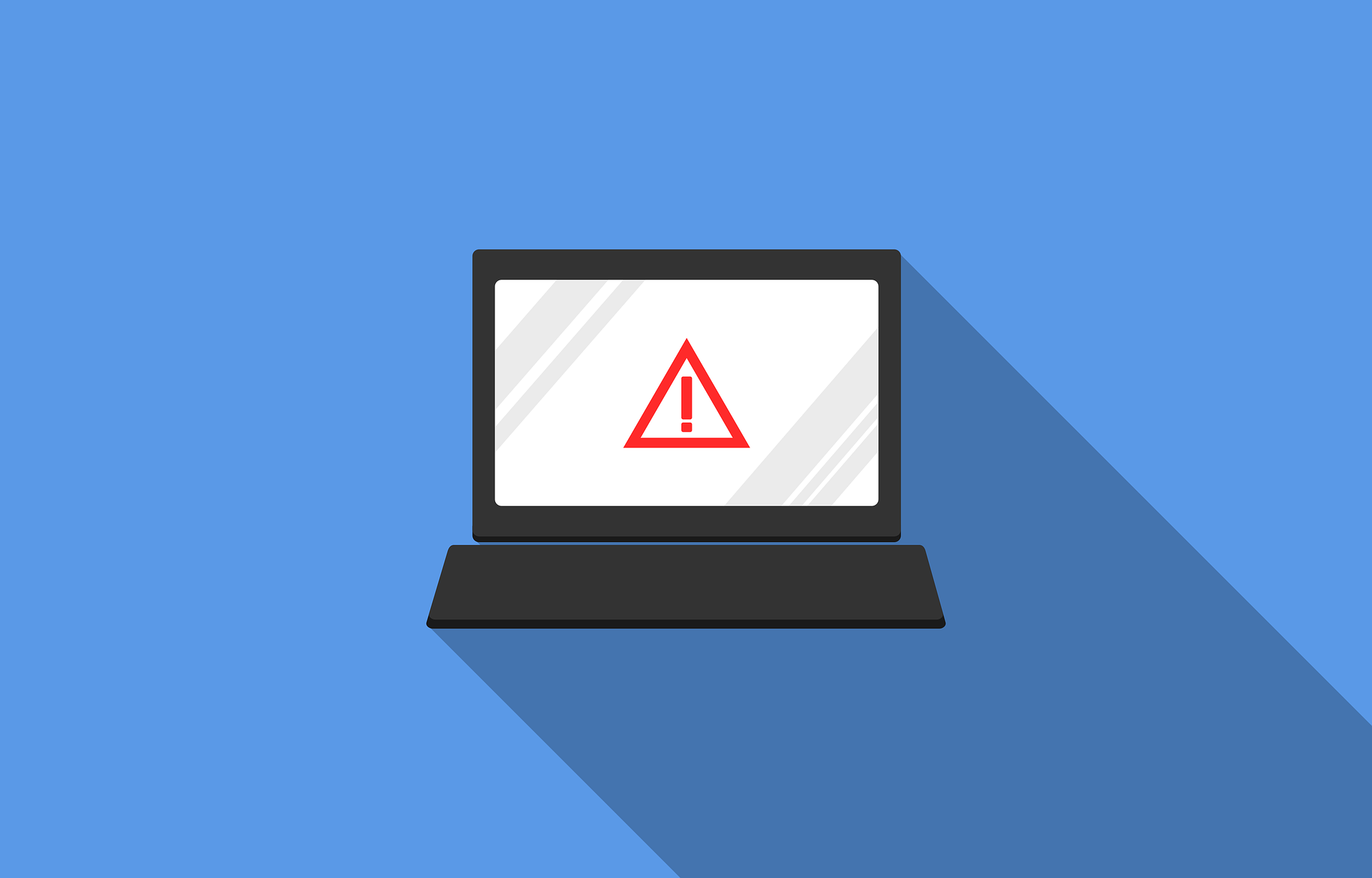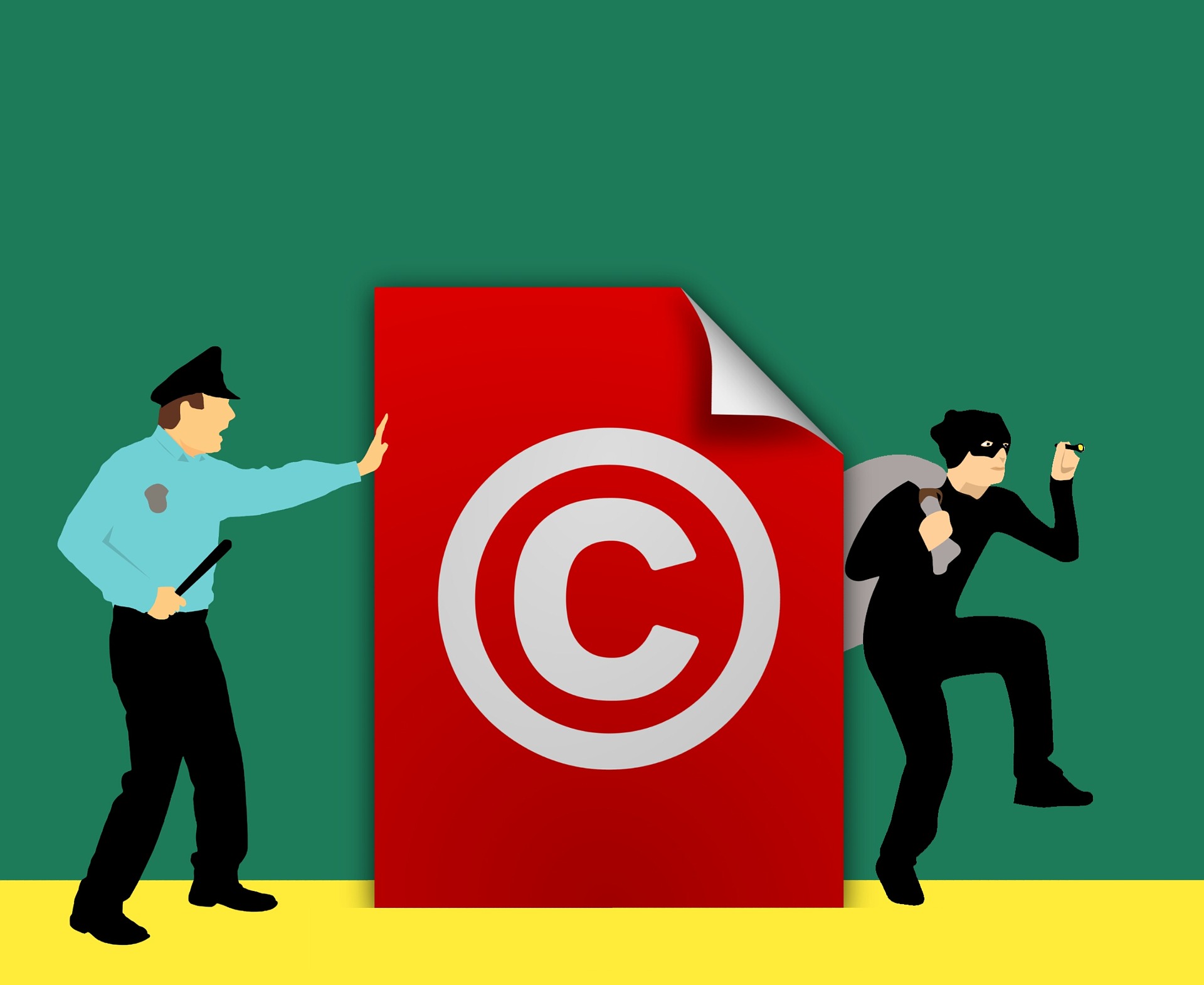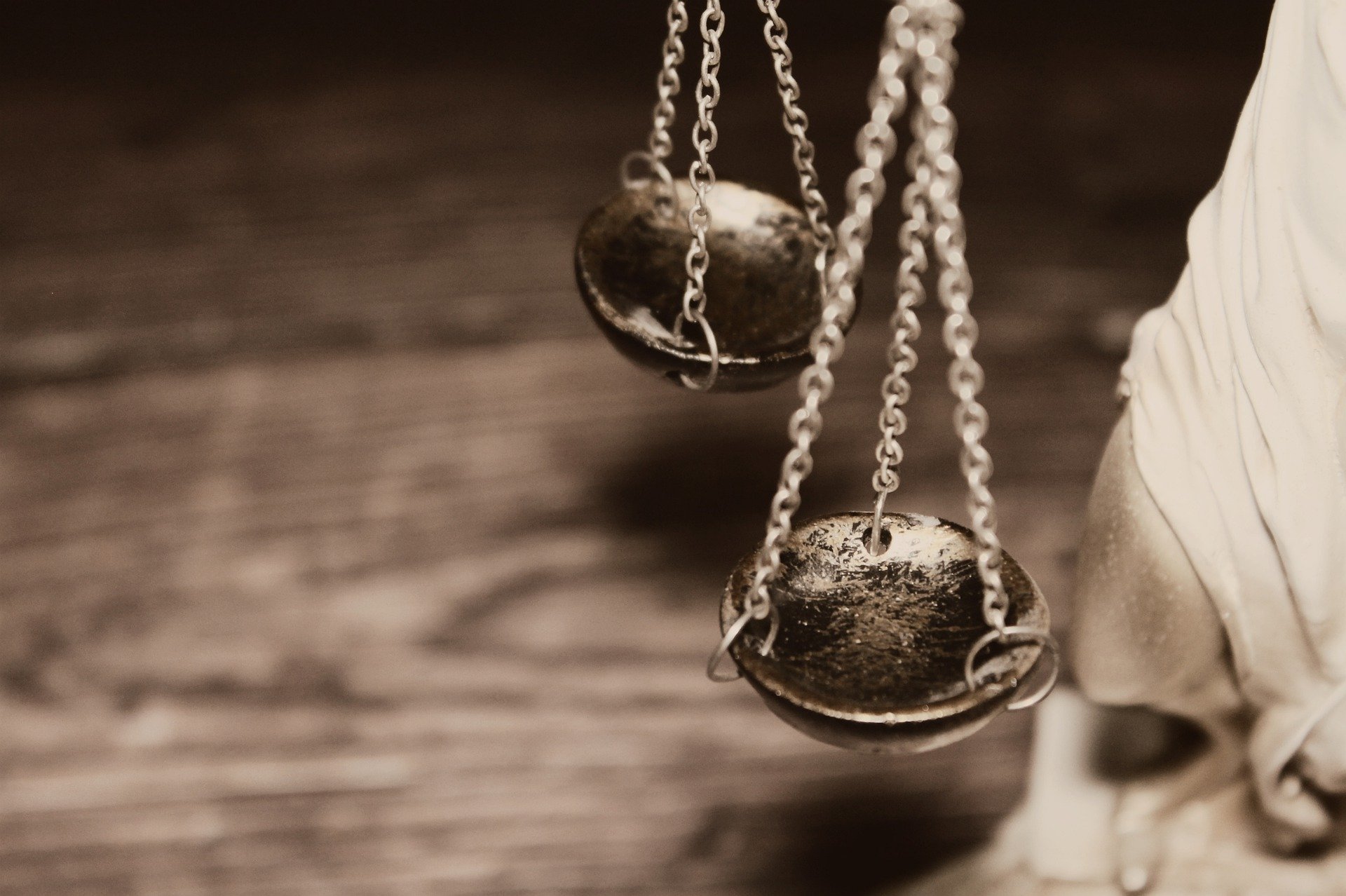Unfair competition: a doomed market place

Bonpoint is specialized in the manufacture and sale of high-end children’s clothing, marketing its discontinued products through online retailers of multi-brand clothing, including Yoox.com.
The Webedia company, for its part, run the marketplace shopoon.fr which is a guide for buying fashion and decoration items online putting Internet users in touch with e-commerce merchant sites. In particular, it offers products appearing on the site yoox.com.
So far so good. However, the Bonpoint company has found that 93% of the products of its brand displayed on the site shopoon.fr are unavailable for sale, and when the user clicks on these unavailable products, he is redirected to similar and competing products belonging to other brands.
The Court of Appeal of Paris considered that the presentation of products on the site shopoon.fr allowed the consumer to clearly distinguish available items from unavailable items. Consequently, this presentation was not likely to substantially alter the economic behavior of the normally informed and reasonably attentive consumer who, in case of unavailability of the desired branded product, would turn to articles of another brand.
Therefore, the Court ruled that Webedia had not committed deceptive marketing practices.
However, the Court reminds that if the Webedia company does not sell directly the articles which it presents on its site, it is nevertheless remunerated as soon as it puts forward the products of different sites and brands, in the event of unavailability of the initially sought-after product. It thus draws a financial advantage from the redirection of web users to these products.
Consequently, the judges held on this point that the Webedia company was guilty of unfair competition, by presenting on the site shopoon.fr 93% of articles of the Bonpoint company which it knew unavailable, and by “referring the web user to the possibility of seeing similar competing products“. They considered that the Webedia company had thus used the attraction force of the Bonpoint brand to generate traffic of web users oriented towards other products.
The Court thus ordered Webedia to pay Bonpoint the sum of 22,043 euros in damages, including 20,000 euros in compensation for moral prejudice and 2,043 euros for misappropriation of customers.





 Since the advent of the General Data Protection Regulations (GDPR), it has become really difficult to obtain information about the registrant of a domain name. This obviously complicates the dialogue between trademark and domain name holders.
Since the advent of the General Data Protection Regulations (GDPR), it has become really difficult to obtain information about the registrant of a domain name. This obviously complicates the dialogue between trademark and domain name holders.


 Domain Privacy Service FBO Registrant / Cobra Jet, Cobrajetaviation Cobrajet, Inc. located in the United States, has filed an UDRP complaint to obtain the transfer of the domain name <cobrajetaviation.com>, reserved by the Egyptian company Cobra Jet, Cobrajetaviation which would harm its Egyptian trademark Cobrajet.
Domain Privacy Service FBO Registrant / Cobra Jet, Cobrajetaviation Cobrajet, Inc. located in the United States, has filed an UDRP complaint to obtain the transfer of the domain name <cobrajetaviation.com>, reserved by the Egyptian company Cobra Jet, Cobrajetaviation which would harm its Egyptian trademark Cobrajet.

